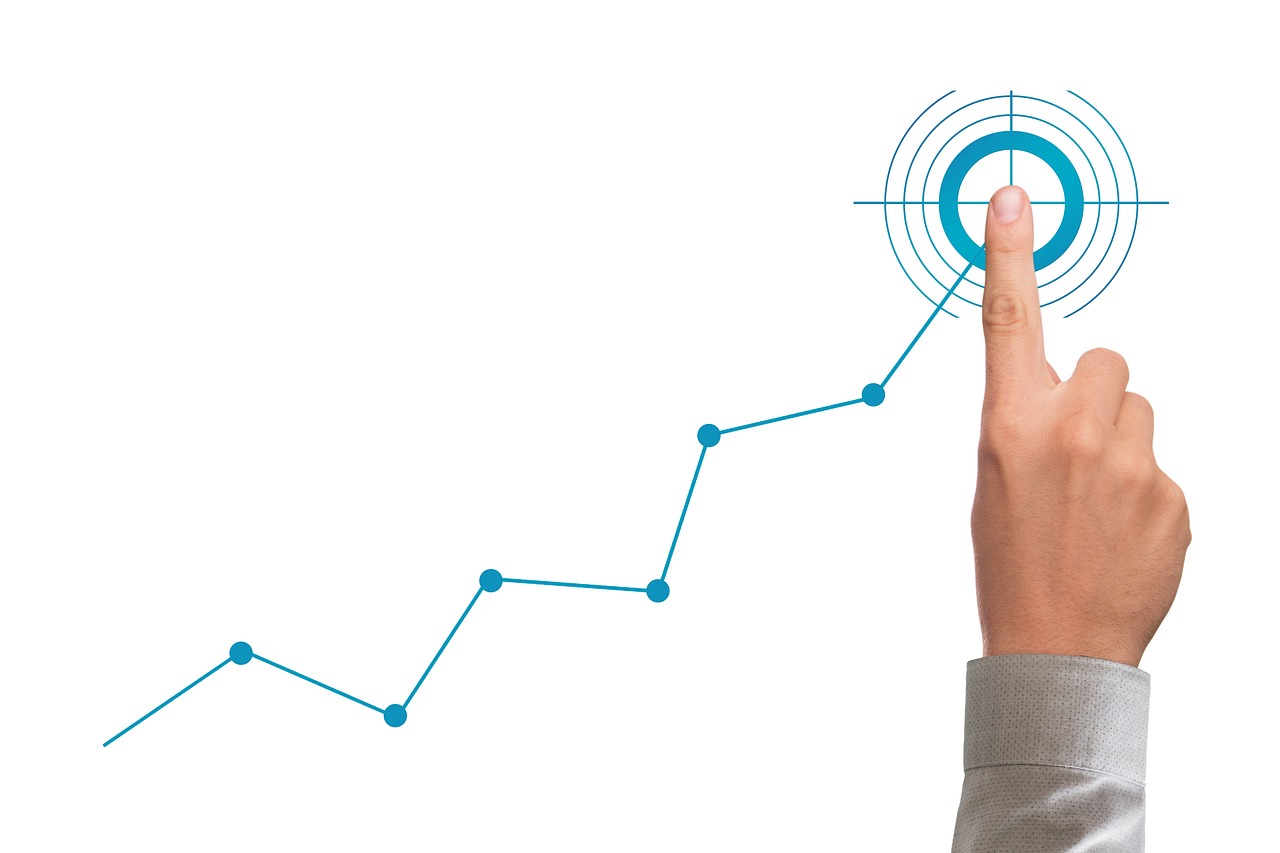Demand planning is a supply chain-related position that involves forecasting the demand for products or services in order to have that product or service developed and delivered more efficiently. It’s one of the vital steps in supply chain planning which is centered around understanding what the demand for something is now and predicting what it will be in the future. As a demand planner, you will use sales, history, and market data to create an effective demand forecast, which can then be used by supply and financial planning.
When it comes to forecasting products that may be considered consistent or functional, it’s easier to make accurate determinations when planning, but when it comes to forecasting the demand for low-volume products, or those that are cutting-edge, it becomes more difficult to make predictions with high levels of certainty. This is especially difficult when it comes to new products with no past data to rely on.
But before getting to the point in your career where you can start relying on forecasting methods and qualitative judgment, it’s important to be prepared for your demand planner job interview.
Tips for Your Interview

One way to prepare is to brush up on inventory concepts. Think about inventory management and how you’d be able to communicate with key stakeholders, as well as the opportunities and risks of the business. An important aspect of being a successful analyst is the ability to interpret data and present it to others in a simple and meaningful manner.
Your interviewer may ask how you process information and approach various problems. If this is the case, you should try to dive into your thought processes behind the informed decisions you would be making. Point out the importance of supporting decisions with logic and data.
You will also need to understand the commercial side of the business in order to create an effective demand forecast that will eventually be used for both supply planning and financial forecasting.
The position, in contrast to supply forecasting, is not about reordering points and internal safety stock, but more about understanding what drives demand.
Some good questions for you, the interviewee, to ask during your interview include:
- How focused is the role? For example, will you be focused on Material Requirements Planning (MRP) loading or component level tasks?
- Who are your customers?
- Will you be part of the pre-Sales and Operations (S&OP) meetings?
- What are some on-going projects?
One last food for thought: The more collaboration that exists with supply chain partners and the more visibility you have into the supply chain data, the more accurate forecast can be.

